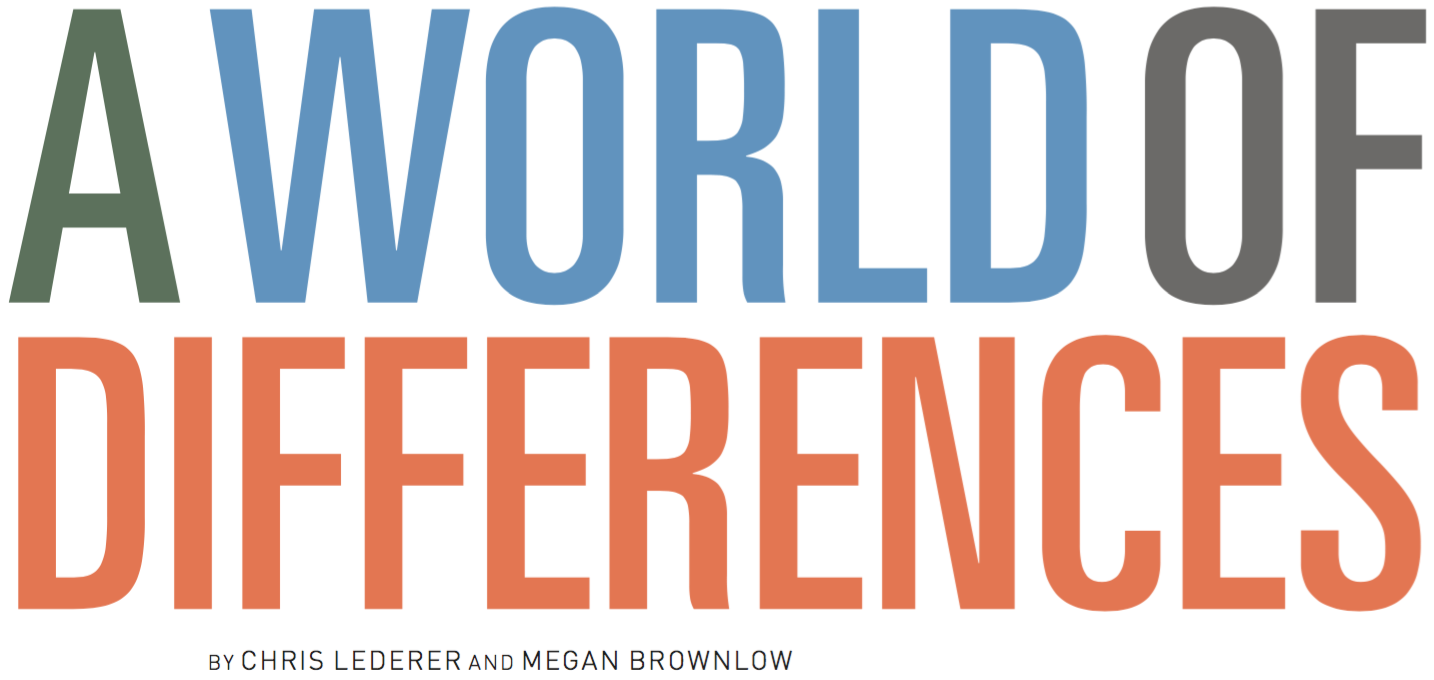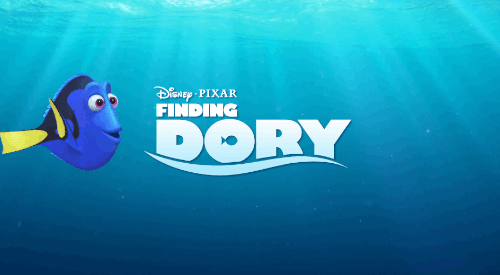Never have I ever read the play Romeo and Juliet by William Shakespeare.
As I take a step forward, head bowed, sheepish and very much discomfited, I am somewhat relieved by the truth that, perhaps, many of my contemporaries have not themselves read such a fine and tragic literary piece. From the throes of the 1968 classic, the Baz Luhrmann adaptation that sent our inner 90’s reeling, to the ’13 adaptation I still have yet to see, I honour the phrase of “star-crossed lovers” and such tragedy of love in reference of everyday.
But to re-tell the story in under a minute, of the feuding Montagues and Capulets, Romeo and Juliet, love, and eventual death, where is thy sting? It is a a plot eternal, thickened by our attention to love, oh love.
Upon announcement that Kenneth Branagh will be adapting said play at The Garrick Theatre in London with two stars we know as fair Cinderella and her Charming prince – Lily James and Richard Madden were names acquainted with panache – I was indescribably giddy.
We begin the story with my thunderous applause and hands clutched to mine heart after experiencing Kenneth Branagh’s The Winter’s Tale on the eve of a summery February. Broadcasted live on cinema screens, it was my first foray into the genre. I have only ever dreamed of such amalgamation, dear friends, so imagine my heart skipping a beat when the lights dimmed to a hush and we were treated to a birds-eye view of the buzzing theatre waiting for the opening act. I laughed and merried away, Judi Dench and Branagh himself exploding in fine performances; a cast that danced and gambolled, the set alive with their stomping and dramatics. I knew, Kenneth Branagh will not disappoint in this second Shakespearean adaptation.
In a fashion closer to cinema, the play begins with teenagers in interview who talked of love at first sight, parental rules, wisdom they could bestow to their progenitors, and a little harmless spoiling of the play. Though this preamble was unexpected, it was not unpleasant either. And soon, we are buzzing as The Garrick from above looks alive. The thrill stings your fingertips.
As the pandemonium hushed and Branagh makes a small announcement of Richard Madden’s unfortunate ankle, I hear my friend breathe a huge sigh as the show will go on… and Madden will be our dear Romeo. I must note: Branagh and co-director Rob Ashford decided to broadcast the film in black and white and 16:9 frame as a nod to their own experiences with the play: muted but stark, simmering passions, and familial vendettas in heat, folded and stroked. I accuse them for such mastery over the art.
There is a lone jive note as the curtain opens and Christopher Oram’s set is crowded by the anonymous, lighted by Howard Hudson, and the monochromatic ode captured beautifully by director Benjamin Caron. The high-contrast relieves you from the challenge of identifying the where’s who. Instead, you are pushed to focus on who has the upper beat (often Jacobi’s Mercutio whenever he is on scene) and it was delightfully fun as Caron aids you in mid-shot framing and transitions to such beats.
Madden was the perfect Romeo with his sleeves rolled up to his elbows and a lock of curls resting just above his brow. He feels the magic of love in those boyish smiles and moments where he faltered in confidence. You see him almost like a Swashbuckler but he is complemented by the La Dolce Vita of this adaptation. He was aggrieved, perfectly situated, and robust. He controlled his scene – his dominion.
Lily James was a standout Juliet. The balcony chug was as teenaged as it is unexpected. She perfected the role of a young maiden pining, unsure but also sure, fighting against parental expectations and the niceties of Paris (who really was he?) whose intentions we will never really know. She was golden, a contrast, to the direness of such love.
What I admired about this play the most was the ensemble. The casting was impeccable with Derek Jacobi at the helm but both Capulets & Montagues performed in shoes stained with discord. I applaud above all Meera Syal (The Nurse) and Michael Rouse (Lord Capulet) for opening up the play to a less narrow perspective – there is more to Romeo and Juliet than just Romeo and Juliet. Kathryn Wilder (Peter) was jovial and fun, and Derek Jacobi as Mercutio, a wizened addition to Madden’s Romeo and Hirst’s Benvolio (the other best friend). The provocative ragtime soundtrack blends in with each scene transition, and by heavens those columns! No sooner do you eventually catch on…the entire set was built like a tomb. A foreshadowing that haunts you every time Valentine’s Friar Laurence is disturbed in prayer by our spirited gli amanti.
Sure, it was no tragicomedy that left you breathless like The Winter’s Tale, enamored by the spirited, happy love of Florizel and Perdita and the spat between two persons instead of two families. But Romeo and Juliet was beautiful in its own way. I understand a bit more as to why Romeo and fair Juliet grasped at happiness no matter the cost. I appreciated that violence is often a byproduct of more than hate, but a refusal to admit wrong. And clearly, such love is, of course, not to be placed on a standard or pedestal, but it is love nonetheless. Though tragic it may be.
Kenneth Branagh never ceases to amaze me. He examines and analyses stories like how we did back in our English classes. And since he succeeds in a lauded fashion, you are moved to believe (and accept) that you also can appreciate stories and enquire; to interpret and embellish, and adore and experience without judgment.
Thank you, to the team for the live-action and to the team for the broadcast. You have all changed my life more than you will ever know.
Here’s to more screenings and viewing and preferably, at The Garrick itself!







